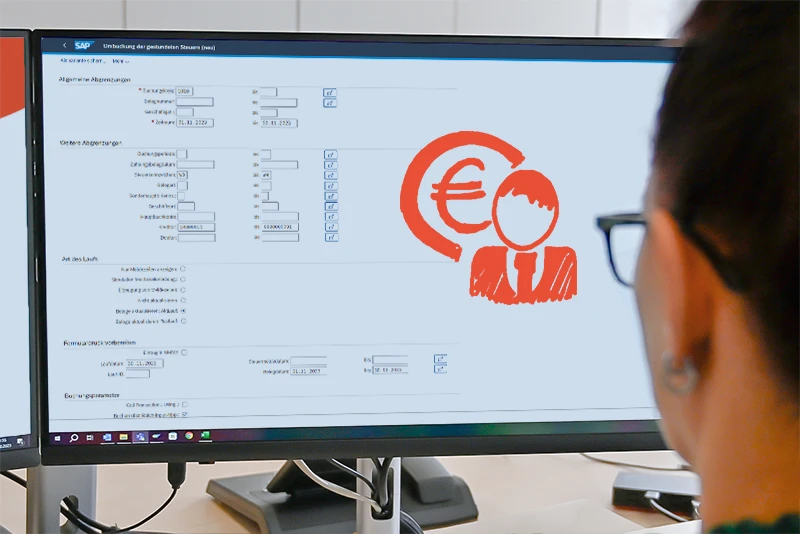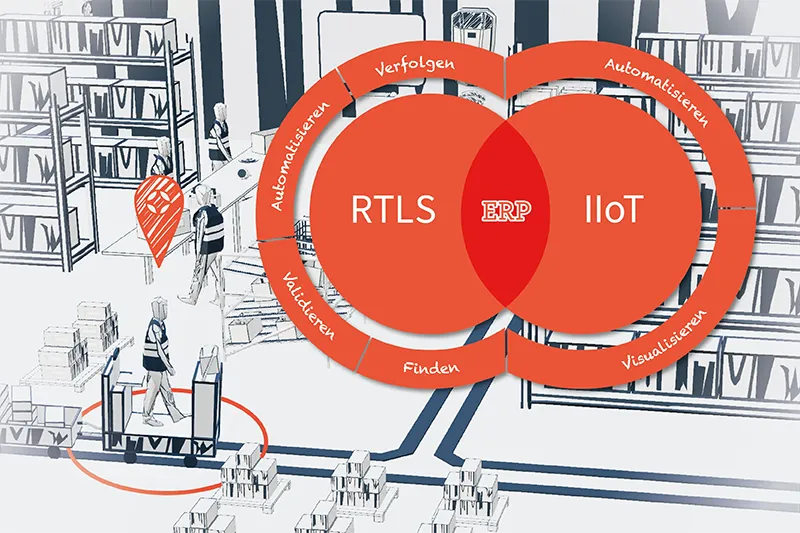With increasing globalization, SAP users in Germany are also confronted with tax regulations in different countries. These can be supported in and with S/4HANA. If accounting is carried out centrally in a shared service center for several countries within a group, the rules of the respective supported countries must be understood and applied correctly. For example, in some nations, sales tax is only due for payment to the tax office once the invoice has been paid by the customer. Accordingly, the input tax is only deductible upon payment to the supplier. Likewise, the calculated output tax must only be paid by the customer after the money has been received. In these cases one speaks of deferred tax.
Technical implementation in SAP for deferred taxes
In order to distinguish deferred tax from tax to be paid, special tax codes are required. These are created for the required tax rates, differentiated between sales tax and input tax. This may be necessary for several control schemes. These tax codes contain a target tax code to which the deferred tax is transferred after payment. In Customizing, these are stored as tax codes for deferred taxes.
In the first step, rules for deferred taxes must be created and assigned to the company codes.
Business process for deferred taxes
Posting documents that contain deferred taxes are posted with the newly created tax codes for deferred taxes. The tax amount of the invoice is posted to the account stored in the tax code. With the help of a special program, the deferred taxes are periodically transferred. Postings are created for paid invoices, which post a posting to the account stored in the target tax code.
Tax reporting of deferred taxes
In the advance sales tax return, the previously deferred tax now appears as sales tax to be paid or input tax to be offset. In accordance with the applicable state regulations, the deferred tax can be shown or excluded in the advance return.
FIORI apps for rebooking and analysis of deferred taxes
Suitable apps are available in S/4 for rebooking and analyzing deferred taxes.
e.g. Example for France:
Transfer deferred Taxes Analyze deferred tax accounts
Transfer of deferred taxes:
Restrictions on exchange transactions
In the case of exchange transactions, deferred taxes are not taken into account in the SAP standard. This also applies if the booking was initially made with deferred taxes and the settlement is later made through a bill of exchange. We can also make this possible at Inwerken with customer-specific adjustments.
Do you have questions about deferred taxes? Simply write to sapberatung@inwerken.de. Our accounting team will contact you! You can find additional services in our portfolio.






